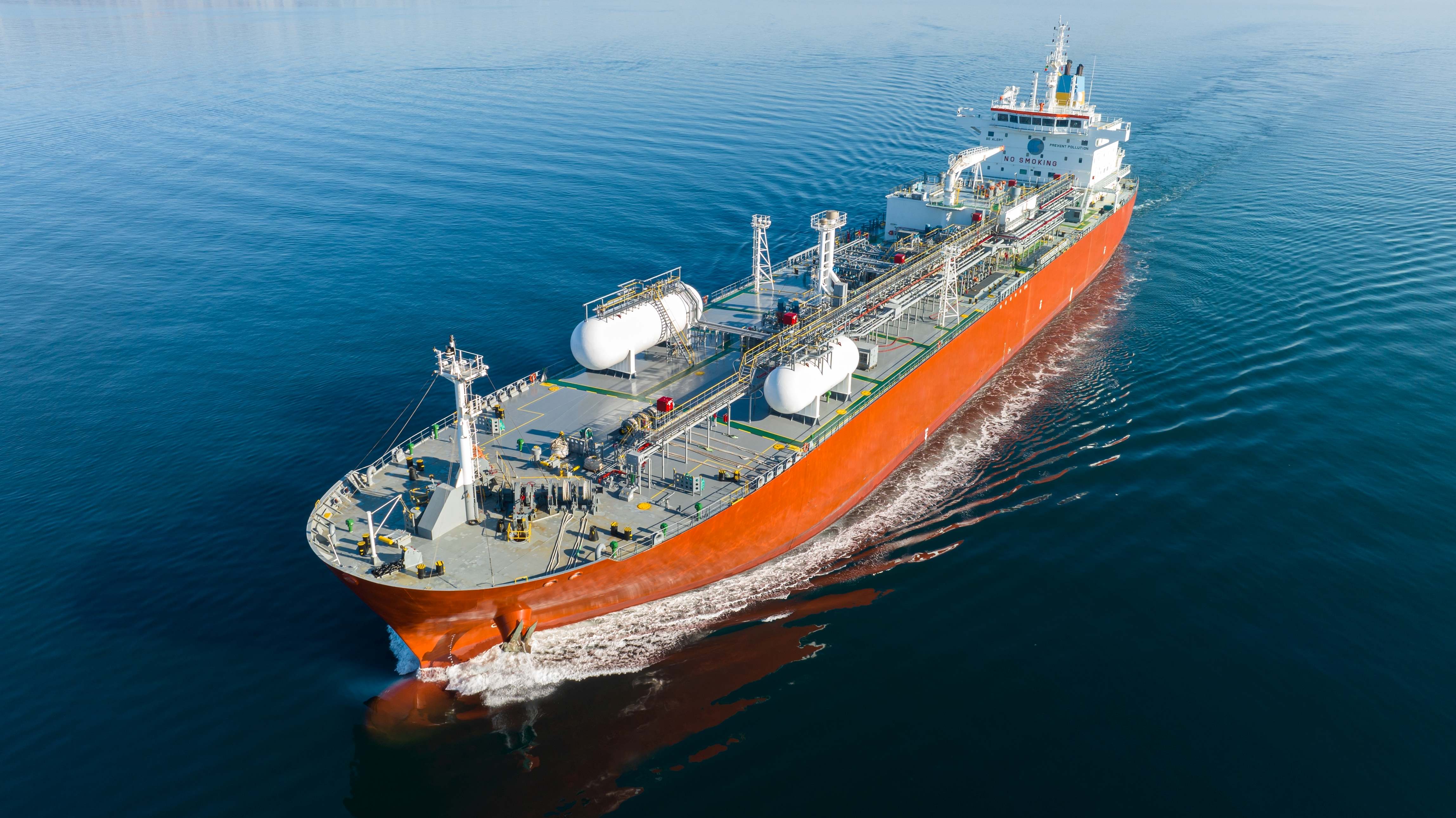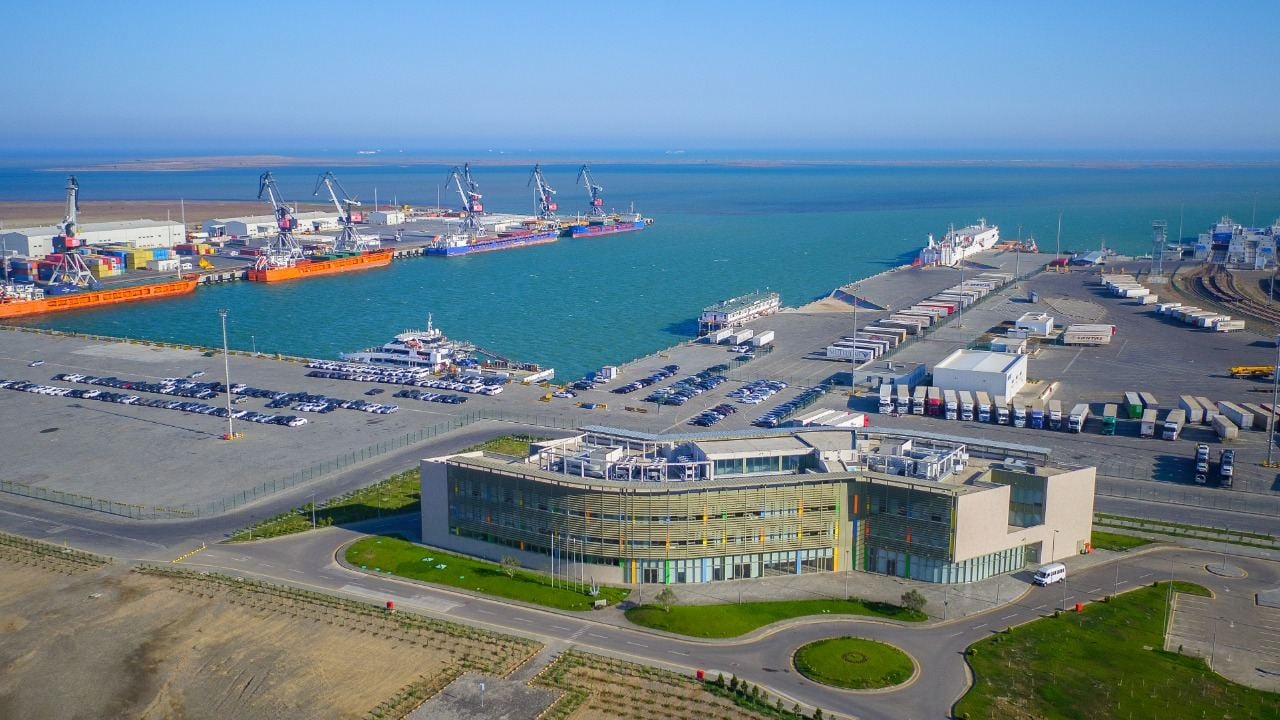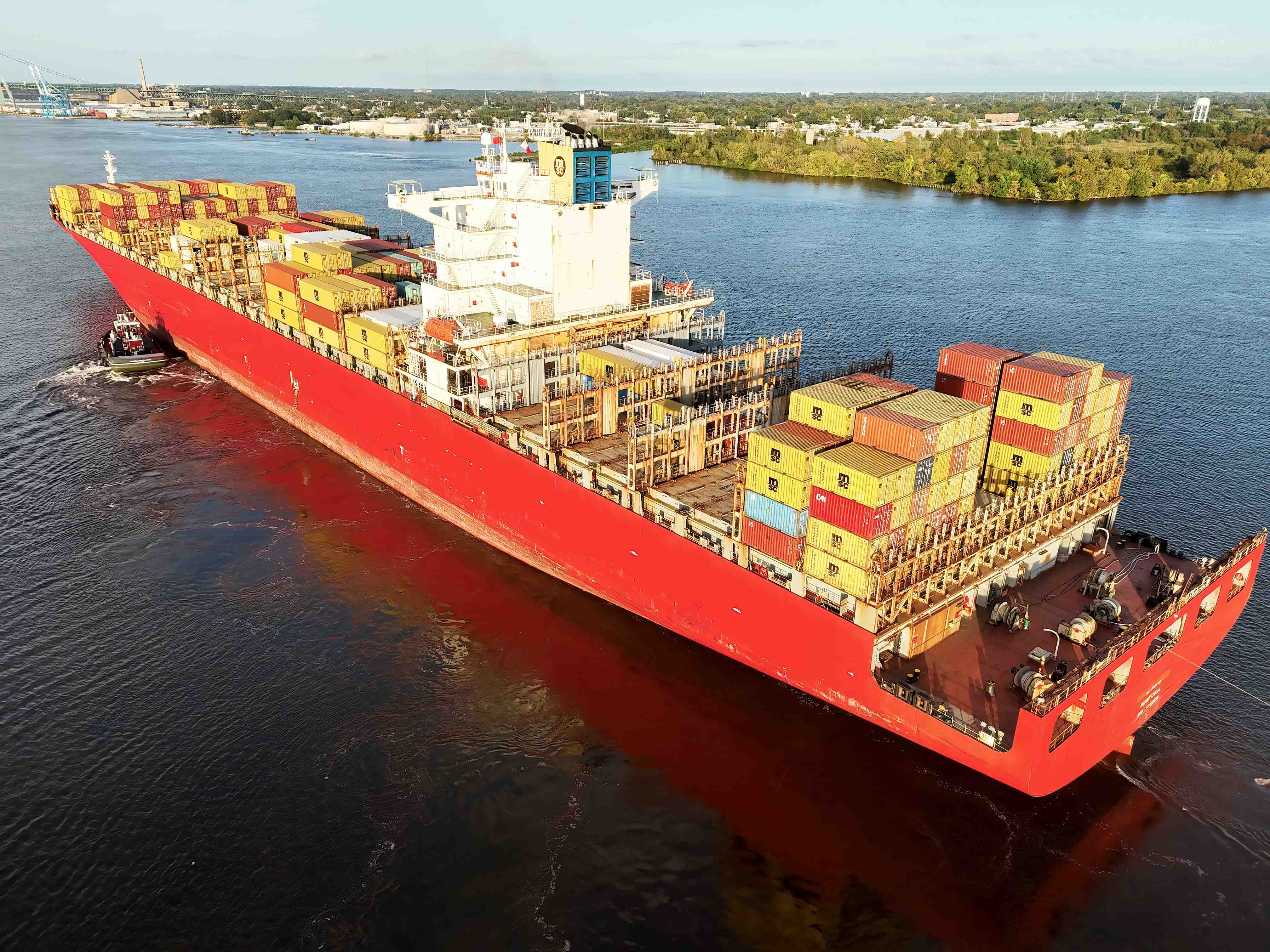
One of the world’s leading methanol suppliers has highlighted a gap between expected production of green methanol, derived from renewable hydrogen and captured carbon, and the number of ships expected to be delivered with capability to use the carbon-neutral fuel. Proman executive director corporate finance Andrew Craig noted “a significant delta” between projected green methanol demand and availability, suggesting that the short-term shortfall would need to be filled with low-carbon alternatives, produced from fossil fuels but with emissions captured.
According to data provided to ICS by Drewry and Clarksons, the methanol-fuelled fleet will grow from 2% to 14% of the global fleet based on orders already placed. Clarksons director of market research Trevor Moore noted: “Methanol fuel has been gaining traction this year, especially for containerships. New technologies and fuels are emerging but timing the transition remains a challenge.”
The Methanol Institute is tracking more than 90 publicly announced green methanol projects, while Proman is building the world’s largest waste to bio-methanol plant in Varennes, Canada and has been looking at potential sites in Europe and the UK in the past month alone. However, the number of vessels currently being ordered with methanol-fuelled engines indicates that not all will be able to run on green methanol initially.
Craig anticipated that more than 100 such ships will be in service from 2024, representing around a million tonnes of additional methanol demand. Based on current orders, that could reach 10 million tonnes by 2027. “We expect this very strong demand curve to continue over the coming years,” he said. “Certified lower-carbon methanol has a critical role to play in the short-to-medium term, the next 5-15 years, while green production ramps up.”
While lower carbon methanol can offer all the air pollution abatement benefits of green methanol and a significant reduction in greenhouse gas emissions, Craig noted that mechanisms to certify low-carbon fuels were needed to enable its contribution to compliance goals.
Related content

Alternative fuels revolution an opportunity to boost trade resilience

Baku port seizes opportunity to expand container operations

Shaping the Future of Shipping Summit
